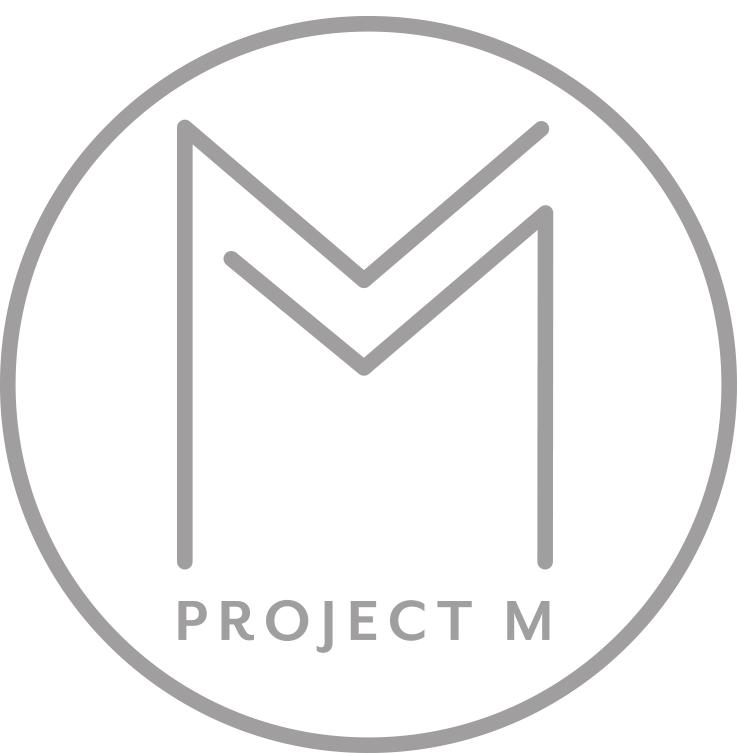Is ChatGPT a Dull Knife?
PROJECT M is a very small business. Like many Willamette Valley Wineries, we constantly manage the tension between the urgent and the important. Our Chardonnay and Pinot Noir barrels need to be topped. Our customers deserve difficult-to-scale, personal touches. Yet if our business is to thrive, we need to be finding ways to be found by new customers, distribution partners, and gatekeepers. We need to be Marketers as well as Winemakers.
Daily, we are bombarded with the suggestion that ChatGPT or other Artificial Intelligence (AI) platforms can “automate” our content creation. Armed with a list of perfect prompts, these tools will prowl the internet’s deepest recesses faster and more thoroughly than any human can. The promise is that using these platforms to craft messages will give us more time to do the “important” things.
One moment we are told that ChatGPT has passed the bar exam. In the next, that it has “hallucinated,” creating fictitious people and events. One tech guru tells us that AI will change every aspect of our lives, while others sign petitions to slow the technology’s development. Is AI a plague descending on mankind, making us irrelevant? Or is it the ultimate manifestation of technologies promise to help humans reach their full potential?
“Our perspective, what we believe and care about, isn’t out there on the World Wide Web. It lives inside of us, and only we can tell you about it.”
PROJECT M’s hesitance to use these technologies isn’t because of the existential problems they seem to present. Our pause is practical. At PROJECT M and elevage consulting, we explore ideas to clarify our perspective. Our content is meant to share that perspective with others, differentiating ourselves from our peers both here in the Willamette Valley and globally.
The AI tools being pushed by marketing thought leaders can summarize enormous amounts of data from the internet, delivering it in a nearly ready-to-consume format. They can increase the volume of output of a marketing team. The more often they message, the more attention their business can get. We live in an attention economy.
As a small business, we struggle to do anything well enough to be satisfying, much less effective. The promise of “automated” content is tempting. Could AI allow us to post to Instagram five times a day like we should? Could we publish a new SEO-optimized blog post daily? If so, what could this do for our business?
However, these tools are limited. They can only say what has already been said. They lack perspective. They don’t believe in anything. They cannot care.
On the surface, winemaking is technical work. However, it is technique in the service of creativity, at least for PROJECT M and élevage consulting. Creativity demands perspective, belief, and caring. What differentiates PROJECT M from thousands of other producers is what we believe and what we care about.
AI-aided marketing efforts might help me be found. But once found, what would people learn about PROJECT M? AI cannot create content that differentiates us. Our perspective, what we believe and care about, isn’t out there on the World Wide Web. It lives inside of us, and only we can tell you about it.
Perspective and caring are what PROJECT M is all about. Our winemaking and our communication are about hopping into the rabbit holes we encounter on our personal and professional journeys. We like to take ideas, poke and squeeze them and see where they fit into our world. Our communication is often about sharing that.
While mass-producing content might get us ranked on the first page of a Google search, we are uncomfortable with content that doesn’t say something. We don’t do fluff. Do you need another list of foods that pair with Willamette Valley Riesling that was pulled from the internet? Isn’t there enough content about which Oregon Pinot Noir makes a great Christmas gift? Once discovered, will fluff make you want to try our wines?
AI can certainly help us get more of your attention. However, the ROI on that attention isn’t that we caught it it is what we do with it once caught. AI, at this point, helps us speak louder and more often. We are reminded of the wise words of the great philosopher James Brown; “You’re like a dull knife, just ain’t cuttin’ it, just talkin’ loud and saying nothing.”
PROJECT M isn’t interested in “talkin’ loud and saying nothing.” Until AI can hand us something other than a dull knife, we’ll continue being marketing luddites and focus on stories only our own intelligence, however, limited, can tell.
